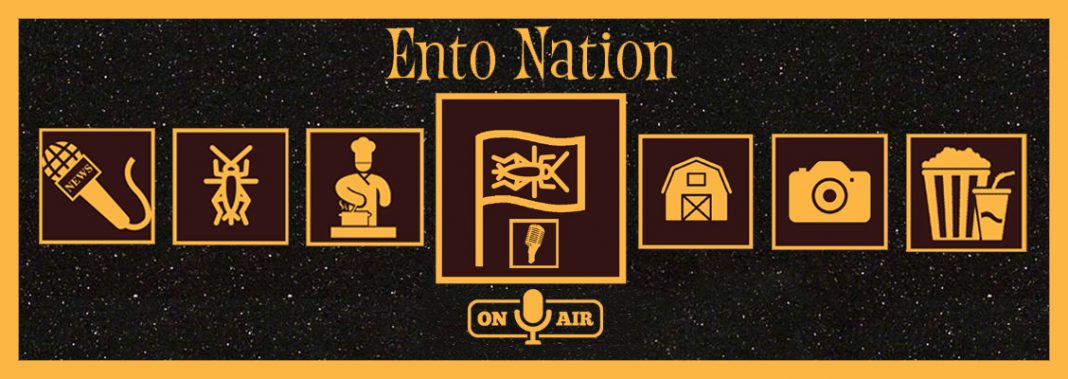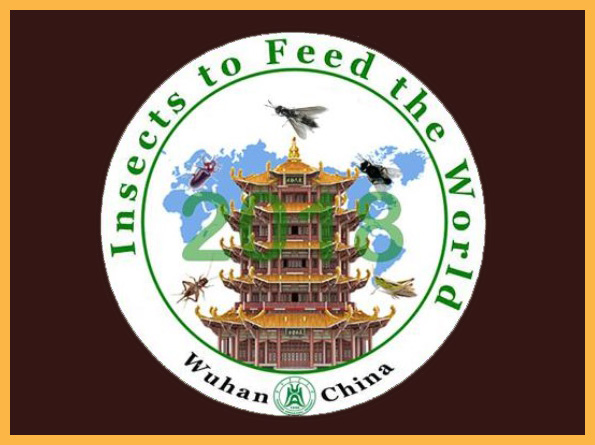This comes from our friend Charlotte Payne at LibertyRuth.
One exciting new frontier mentioned was the use of cricket farming to empower people living in one of the world’s largest refugee camps (LINK), as a source of both livelihoods and nutrition. Examples of insect farming used to a similar purpose were presented several times during the conference, including: Amy Franklin, who spoke about Farms for Orphans, which shares the knowledge and technology needed for farming palm weevils in orphanages in the Democratic Republic of Congo; and Daniel Ambuhl, who spoke about a project run by the congolese biologist Augustin Konda, who is developing methods for farming edible Saturniid caterpillars to improve food security, also based in the DRC.
Another major theme in the conference was the use of insects to process waste – a really important topic, given that 1.3bn tonnes of food produced is lost or wasted every year. The main player here is the black soldier fly Hermetia illucens, which can convert all kinds of waste products to usable protein. Black soldier flies are already being reared on an industrial scale all over the world, using automated, cutting edge technology. The outputs of these farms are fly larvae that can be fed to chickens and fish. This takes the pressure off both agricultural land – 33% of which is used for animal feed – and marine resources – 90% of which are now overfished or fully depleted. The frass from the farms is used as fertiliser, meaning that nothing goes to waste.















